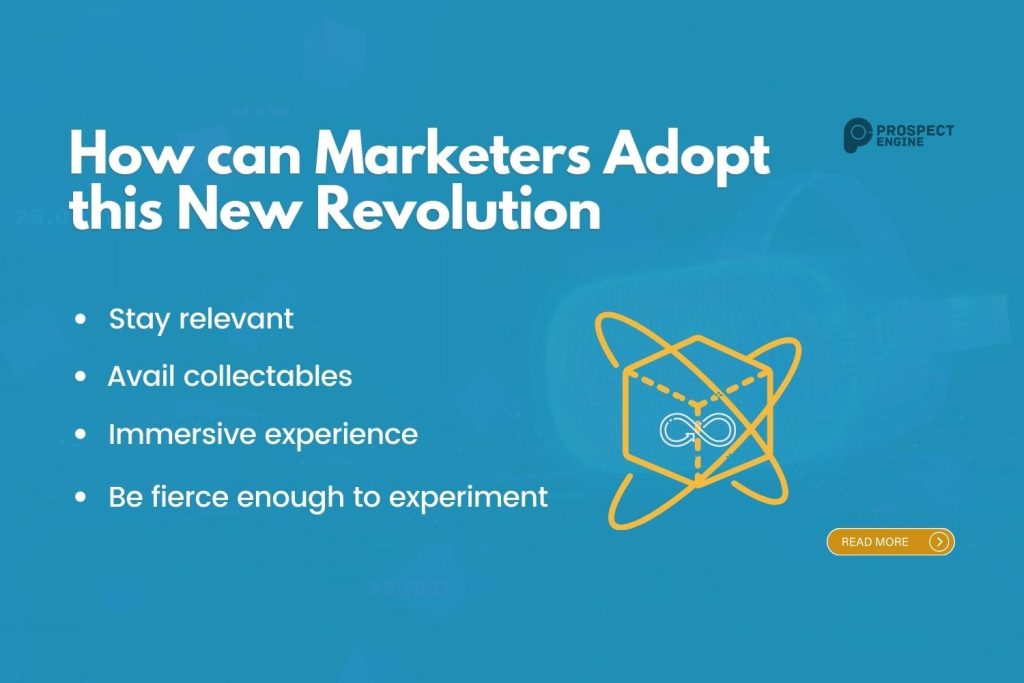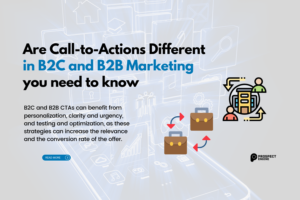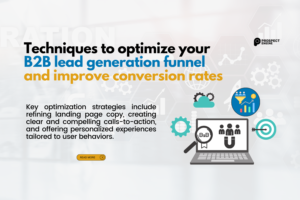Facebook has changed its name. It is now called “Meta.” Coming from a Greek term that means “after” or “beyond.” Facebook CEO Mark Zuckerberg announced the new name, “Meta,” at Facebook’s Connect 2021 conference on October 28, with its new website quoting it as a social technology company. “In the metaverse, you’ll be able to do almost anything you can imagine-get together with friends and family, work, learn, play, shop, create—as well as completely new experiences that don’t really fit how we think about computers or phones today… In this future, you will be able to teleport instantly as a hologram to be at the office without a commute, at a concert with friends, or in your parent’s living room to catch up,”- Zuckerberg wrote in his 2021 Founder’s Letter, released on October 28.
What is Metaverse:
The metaverse is a digital reality that combines social media, online gaming, augmented reality (AR), virtual reality (VR), and cryptocurrencies to allow users to interact virtually. Augmented reality overlays visual elements, sound, and other sensory input onto real-world settings to enhance the user experience. In contrast, virtual reality is entirely virtual and enhances fictional realities.
The universe is vast; let’s try to keep our feet on Earth and try to make it a little easier. When it comes to the metaverse of today, the main idea that emerges is that of a virtual world where people can interact with each other through real-life experience.
Let’s discover it widely widly
Let’s think about it from a wider angle. The remote use of digital technology has exploded for almost two years in the professional sector. Whether it’s Microsoft Teams, Trello, Discord, or Slack, these platforms have become a privileged platform to experience the primary version of the virtual workspace. Makeup brands like L’Oreal, Sephora, and Perfect Corp have already created partnerships to allow their customers to try out the makeup digitally. This is more or less based on the principles of Augmented Reality. Clothing brands like Topshop and Timberland have been using AR fitting and changing rooms to give their customers a virtual experience in helping them select clothing items.
With all these examples put side by side, can’t we say that we are already using the internet “after” or “beyond” what it was 20 years ago? Or that we live “with” it?
I guess you already know the answer. A metaverse is a place where individuals will have an avatar. It’s a 3D virtual experience where you are playing, creating, gaming, or exploring. Thanks to the pandemic push of new technologies and opportunities, VR and AR are quickly moving away from the traditional stigma of being a waste of time to the next technology revolution. Brands like Gucci, Nike, Disney, Snap, and Facebook are in the midst of creating virtual communities, content, assets, fashion, art, experiences, and worlds.
Metaverse in Marketing Industry:
With that following discussion, it must be clear to you that the metaverse is the next biggest technology revolution after the internet. But which industry is going to collect the biggest amount of profit from this? Any guesses?
Well, believe it or not, it’s the marketing industry. Throughout all these years, the digital marketing industry has grown phenomenally, but with the introduction of the metaverse, a drastic change is coming.
As the metaverse becomes more significant, marketers wonder how it will impact their growth strategies. The impact will vary from company to company depending on how digitally savvy your customers are and your existing technology. But how can marketers adapt to this new revolution? Well, let’s explore some of the ways.
Stay relevant:
For brands and marketers, it’s important to remember the value of Gen Z and millennials. The Snapchat Generation has over $4.4 trillion in global spending power, and beyond that carries a massive influence on household purchasing. Marketers must keep up the relevance to get access to these target people.
Metaverse and real-life marketing in parallel:
Create marketing experiences that tie in both real and virtual life experiences. This is true that, though Genz will be the first one to get into the metaverse system, there is a huge chance that the older generation people are going to take quite a bit of time to get into it. But we can’t wait till then to sell our products, right? So the safe play will be to keep meta and real-life marketing in parallel.
Immersive experience:
You can offer virtual advertising in the metaverse. Virtual Billboard is a good choice in this case, but you can go even beyond. Since metaverses are experiential and immersive in nature, it’s best to take advantage of this by offering the same immersive experience with your advertisements and marketing initiatives. You could even offer branded installations and events that people can interact with, as opposed to just placing simple ads.
Avail collectables:
People like collecting things. And here, the metaverse is yet another space for them to explore their interests. Marketers can make the same experience available for their audiences in the metaverse by offering services or limited-edition products they can only collect. For example, the Gucci Garden experience on Roblox offered a collector’s room. It allowed people to collect limited-edition Gucci items in the metaverse. And to be surprise, Gucci, from their initial sales of the collectible items, collected 286,000,000 Robux from the game.
Be fierce enough to experiment:
It’s a once-in-a-lifetime opportunity for marketers. While there have been guiding principles that could inform what kind of strategies and tactics marketers can adopt, the metaverse is still a new platform that offers enough room for experimentation. Honestly, best practices have yet to be properly established, and we still don’t know exactly what strategy will give us the best outcome. This gives marketers a huge opportunity to try to be unique and experimental in their approaches.
While the metaverse is coming up with an exciting opportunity, it will take a few more years to become commercially significant. By the time this technology matures, it is also necessary to act on immediate marketing opportunities. Perhaps the small steps taken at the beginning will result in some big opportunities in the future.






